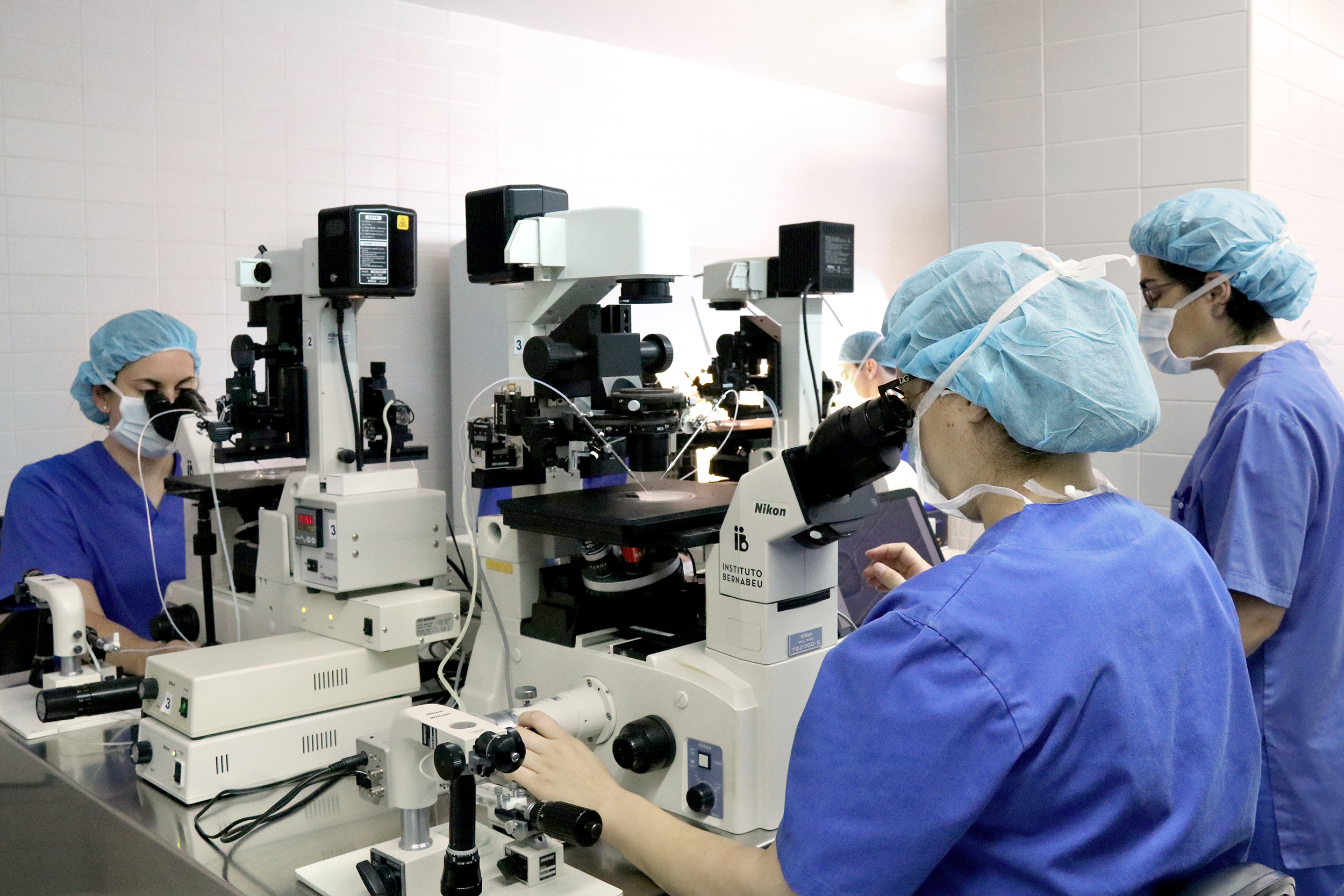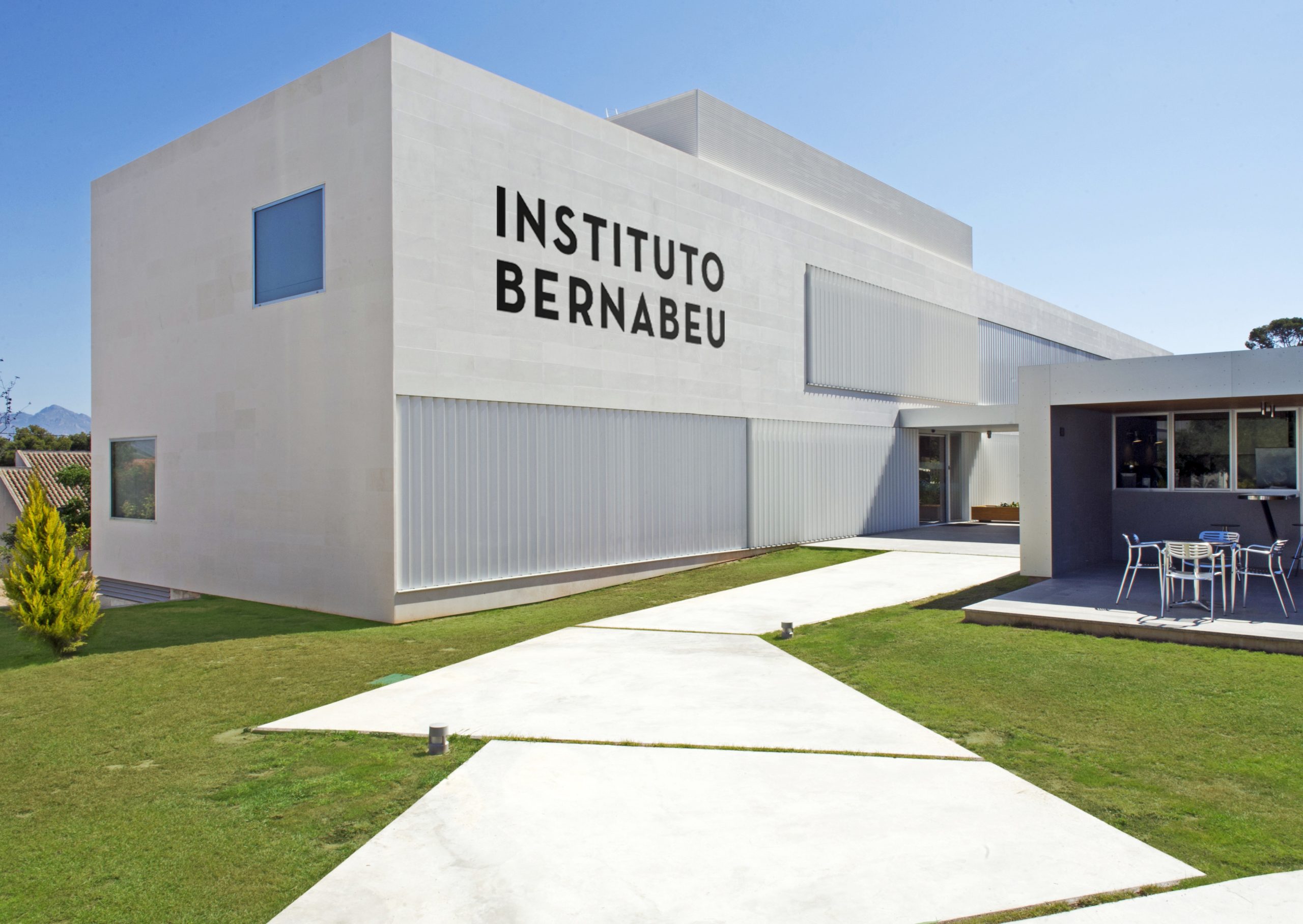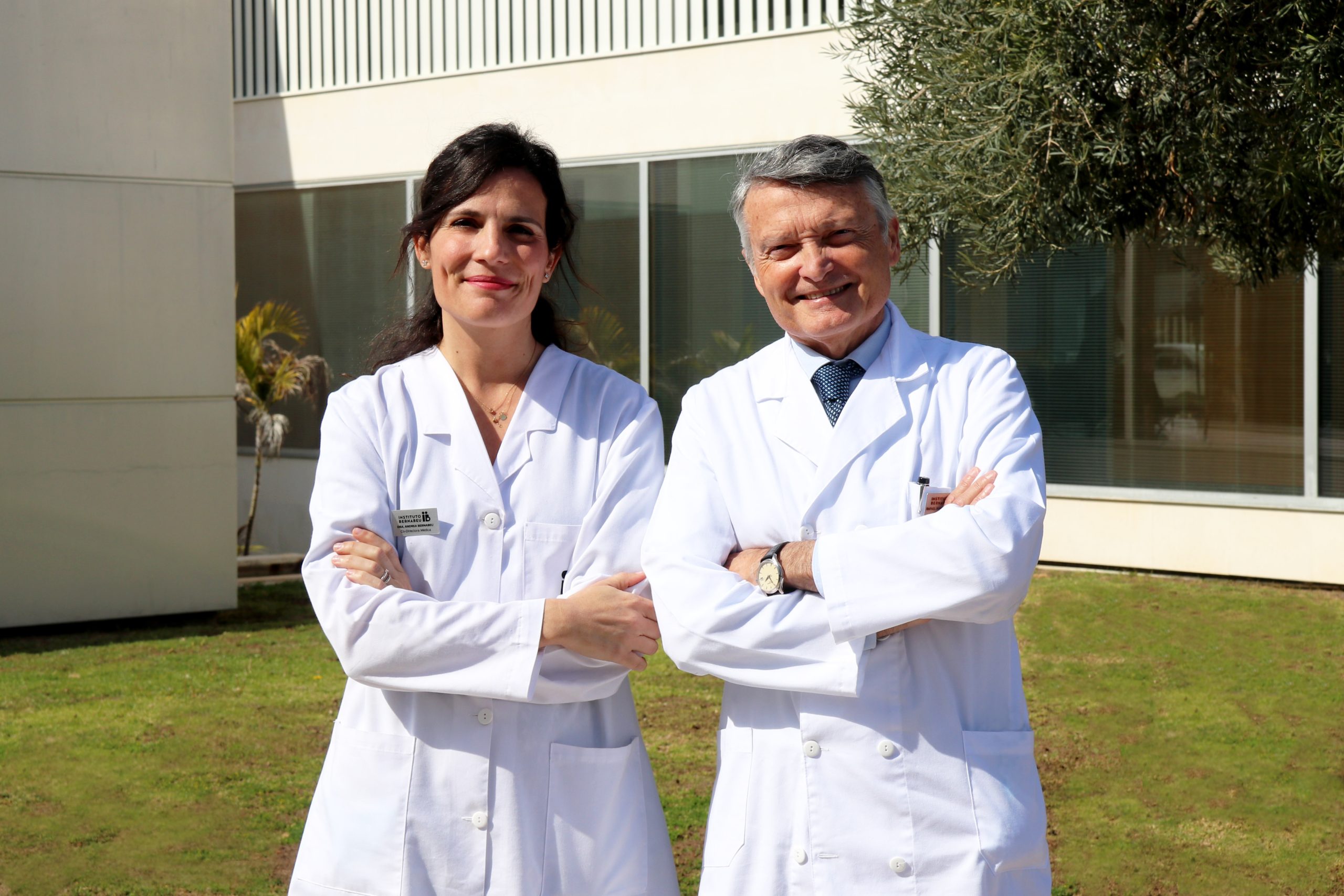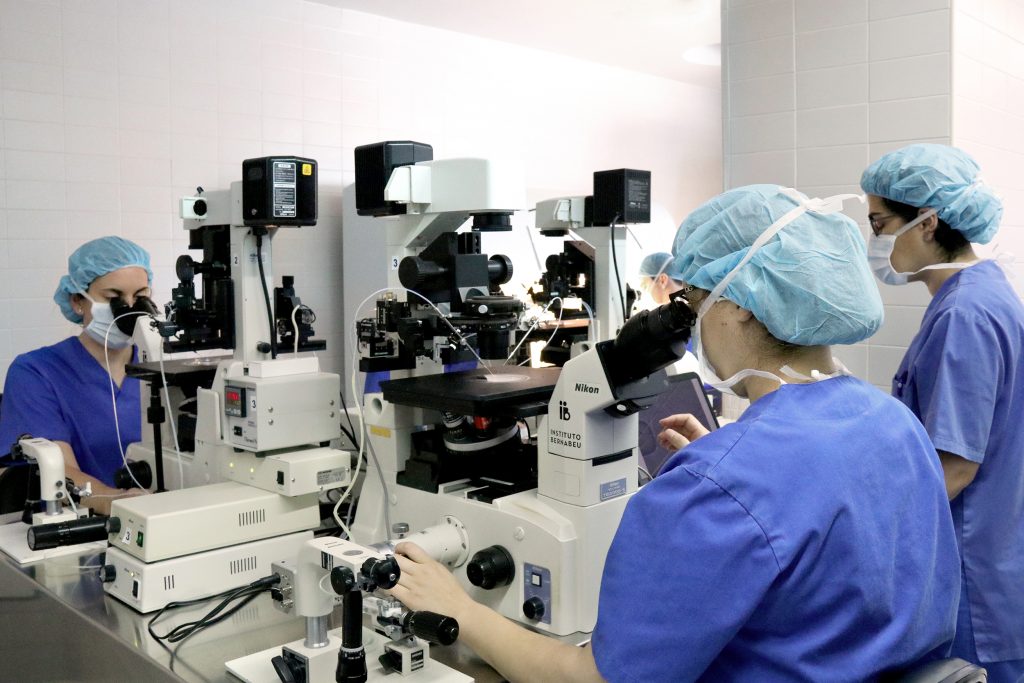- The assisted reproduction clinic has almost 40 years of experience and 9 locations in Spain and Italy.
- One in ten women of reproductive age may experience a low egg reserve and therefore develop difficulties in conceiving naturally.
It is estimated that 10-15% of women of reproductive age may experience low ovarian reserve. This condition leads to a decrease in the quantity and quality of eggs in their ovaries, which can hinder natural conception and increase the risk of fertility problems. In fact, women are born with all the oocytes they will have for the rest of their lives. At the onset of menstruation, they will have between 300,000 and half a million, a figure that decreases progressively over the years. The ovarian reserve is therefore gradually lost between puberty and menopause.
Instituto Bernabeu, an assisted reproduction clinic in Spain and Italy, has a Specialised Unit for Low Ovarian Reserve with the aim of offering a wide range of services to address this condition in a comprehensive manner and who has positioned itself as a benchmark in these two countries.

The consequences of low ovarian reserve for female fertility can be significant. In addition to hindering natural conception, this condition can also increase the risk of miscarriage and complicate assisted reproductive treatments. It is therefore essential to address this concern proactively and seek appropriate support.
Low ovarian reserve can manifest itself in a variety of ways, from irregular menstrual cycles to difficulty conceiving. Treatments may vary according to the individual needs of each patient, but generally include options such as controlled ovarian stimulation, in vitro fertilisation (IVF) and egg donation.
In this regard, there are several options for improving the chances of conception and preserving future fertility. Oocytes cryopreservation, for example, offers women the opportunity to store their eggs in optimal conditions for later use. This technique can be especially beneficial for those who wish to postpone childbearing or face an imminent risk of fertility loss due to medical treatments or surgeries. The recommendation is to freeze eggs before the age of 35. In fact, the age of first-time mothers in the European Union has increased from 28.8 years in 2013 to 29.7 in 2021.
Genetic diagnosis: higher chances of pregnancy
Preimplantation genetic diagnosis (PGT) is a tool that, in the context of low ovarian reserve, can offer an accurate and efficient solution to select the most viable embryos. In cases where the quantity and quality of eggs are limited, PGT allows the identification of embryos, not only free of genetic abnormalities, but also have a higher potential to end in pregnancy. By analysing the genetic make-up of embryos prior to transfer to the mother’s uterus, embryos with aneuploidy or other chromosomal abnormalities that could hinder implantation or cause miscarriages can be ruled out.
This not only optimises the chances of gestation, but also reduces implantation failure and miscarriage rates. By selecting the embryos most likely to implant, PGT not only increases the likelihood of a successful pregnancy, but also reduces the need for multiple IVF attempts, which in turn reduces the time it takes to complete treatment and the emotional burden associated with it.

Four decades of experience
Instituto Bernabeu has been at the forefront of reproductive medicine research. The group of specialised clinics, founded in the mid-1980s, is led by doctors Rafael and Andrea Bernabeu and attracts patients from all over the world every year, specifically from 137 countries. It has 9 clinics in Madrid, Alicante, Palma de Mallorca, Albacete, Cartagena, Elche, Benidorm and Venice.
This renowned Spanish institution has 40 years of experience and its milestones include the birth of a child using spermatids for the first time in Spain and sixth in the world, and the recent creation of the first artificial intelligence (AI) unit dedicated to reproductive medicine. Every day 3 babies are born in the world thanks to the professionals at Instituto Bernabeu, which has already surpassed 150,000 clinical records since its foundation.

The last congress of the Spanish Fertility Society (SEF) has recognised her research work by awarding the first and second prizes for clinical communications and the second prize for the best basic communication based on AI. In this case, the research has created an AI model with which it is possible to predict the probability of implanting chromosomally normal embryos.


